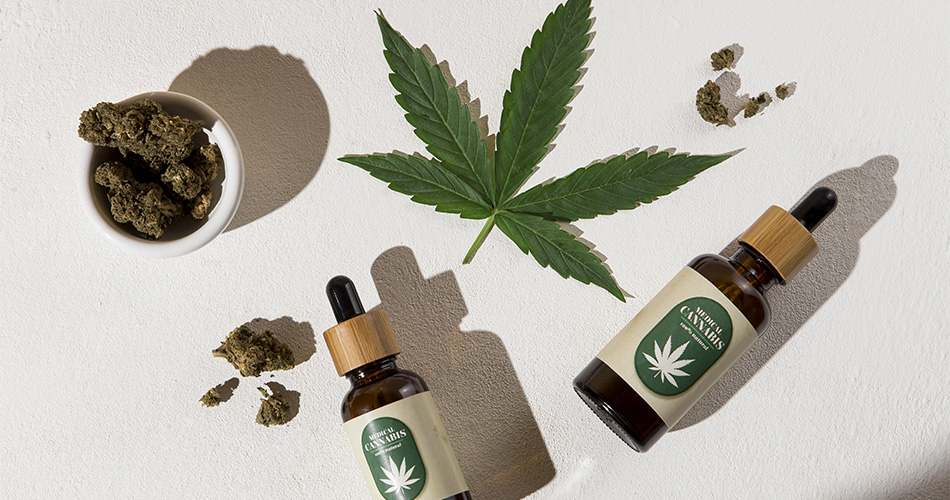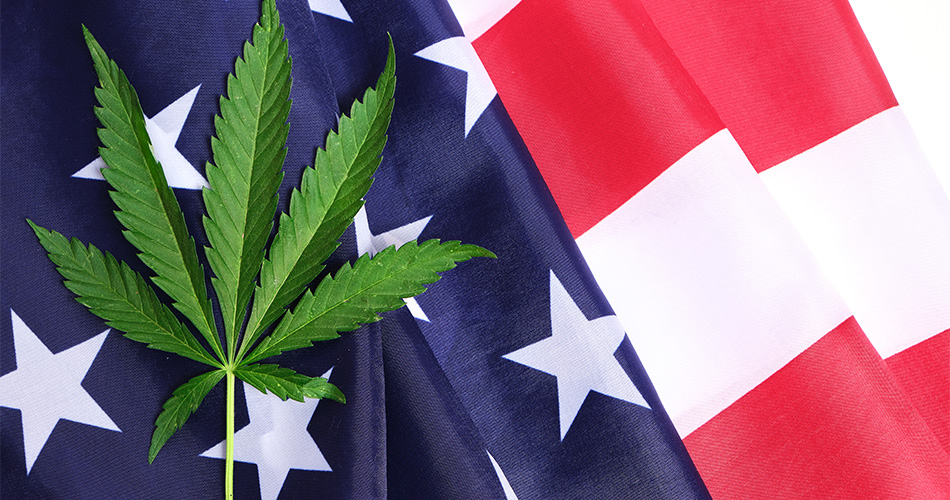Marijuana reform at the federal level is coming in the near future, says senior Biden officials

During a press briefing in Sacramento, Calif., a few days ago, U.S. Secretary of Health and Human Services Xavier Becerra told Marijuana Moment senior editor Kyle Jaeger that the Biden administration is prepared to discuss descheduling cannabis in a significant reform in the post-drug war era. Vaping Post has extensively reported on national efforts to make legal recreational and medicinal cannabis, including decriminalizing possession. Becerra’s sentiments were additionally echoed in a Juneteenth declaration issued by President Joe Biden at the White House on June 16. This sentiment suggests a significant positioning for the administration to take on one of the biggest drug control policy changes in decades.
“[M]aking Juneteenth a Federal holiday was only one part of my administration’s efforts to advance racial equity and ensure that America lives up to its highest ideals,” Biden said in remarks published by the White House press office, adding that his administration has “taken action on marijuana reform by pardoning prior District of Columbia and Federal simple marijuana possession offenses and directed a review of marijuana scheduling.”
“We’re underway…”
On Jaeger’s end, he asked Becerra questions on marijuana scheduling at a press event that was focused on food science innovation. The former attorney general of California, Becerra channeled his home turf when he told Jaeger that big changes are coming. “What I can tell you is that the president instructed us at [Health and Human Services]—[Food and Drug Administration]in particular—to take a look at how we treat marijuana to see if we can update our review of marijuana as a drug and how we can make sure how we treat it going forward on the federal level,” Becerra said, via Marijuana Moment. He said that “we’re underway with that review as we speak.” At the time of this column, 23 states and the nation’s capital, Washington, D.C., are the only jurisdictions to permit recreational marijuana sales and consumption for adults aged 21 years and older. 38 states have legal medical marijuana programs in place. The self-governing U.S. territories of Guam and the Northern Mariana Islands also have legal recreational marijuana markets. Nearly half of the United States has recreational marijuana legalization in some form, with well over half with burgeoning medical marijuana markets. The review that Biden and Becerra refer to is considering whether marijuana should remain on the Drug Enforcement Administration’s (DEA) scheduling of the substances as a Schedule I narcotic is justified under federal law.
The DEA defines a Schedule I as applying to “drugs, substances, or chemicals” with “no currently accepted medical use and high potential for abuse.” Examples of Schedule I substances include hard drugs like heroin, meth, psychedelics including LSD and ecstasy, peyote (outside of religious exceptions), and marijuana. This justification was outlined by the Controlled Substances Act of 1970, which was advocated for and signed by then-President Richard Nixon, a Republican. Reviewing the scheduling of marijuana under the Controlled Substances Act includes a regulatory, public health, economic, and population analysis. If the descheduling or rescheduling of marijuana occurs this year, it wouldn’t invalidate laws in states where possession and the distribution of the drug are unlawful.
It’s about time

Advocates for marijuana liberalization have lobbied for marijuana scheduling reform in light of dozens of states taking steps to legalize or decriminalize marijuana in some form or another. This action, however, takes on political dimensions that are going to be very challenging to overcome. A hard-right House of Representatives will be hard-nosed to support legislation or executive orders that legalizes marijuana in some context on the national level. While voters in both political parties and among independents all support marijuana liberalization, the elected officials from more conservative jurisdictions fail to represent their constituents when it comes to marijuana reform. Let’s consider the state of Louisiana, for example. The Reilly Center for Media and Public Affairs in Louisiana State University’s Manship School of Mass Communication conducted a survey in May 2023 that found about seven in 10 Louisiana residents support legal recreational marijuana use.
Nine in 10 support medical cannabis legalization. This public opinion data was published as the state legislature, at the time, was drafting benchmark simple marijuana offense expungement legislation that was recently signed into law by Gov. John Bel Edwards, a Democrat. The new law, Act 342, grants individuals convicted of possessing up to 14 grams of cannabis on a first offense the right to petition courts for wiping off their criminal record after 90 days from the time of the marijuana conviction being handed down. This is a huge win for restorative justice efforts in a state that is notorious for police brutality, a history of racism, and being ruled by centrist Democrats and far-right Republican officials.
Disconnect, once again

While there is clear support for marijuana reform, U.S. Senator John Neely Kennedy of Louisiana, a former Democrat turn Republican amid the pro-Trumpist tide of far-right populism, is opposed to marijuana legalization. Or, in the words of OnTheIssues.org, Sen. Kennedy “strongly opposes legalizing marijuana,” citing a 2016 candidates’ survey that the former Democrat filled out at the behest of the ultra-religious conservative American Family Association. While recognizing that this information could be considered outdated, it is emblematic of what is happening across the United States. Voters in states that are traditionally Republican-leaning (right-wing) overwhelmingly support efforts to legalize and regulate recreational marijuana for adult consumption. While Louisiana is just one case, Vaping Post has reported on several other conservative states where the voters are in support of the legalization efforts but their elected officials seem to avoid listening to the majority. Lastly, consider Texas. Texas is the most populated Republican-leaning state in the union. It is also the second most populous state after the Democratic stronghold and the largest, California. Data from the University of Houston found that 67 percent of Texas voters support legislative efforts that would make recreational marijuana legal for any legal purpose and relegated to consumers aged 21 years or older. Far-right U.S. Sen. Ted Cruz of Texas is staunchly opposed to legalized marijuana. He is on record saying that “it’s illegal and because it’s harmful to you. It’s not healthy.” An overwhelming share of adult voters in the United States are in support of legalizing marijuana for either medical or recreational uses, data from Pew Research Center concluded — about 88 percent.
In this data, 59 percent believe that it should be legal across the country. 30 percent should be legal only for medical use. Only one in ten believe that marijuana use should not be legal. Considering this context, it is important to watch the descheduling efforts of those who operate businesses that manufacture and sell marijuana vaping products.


![Recent Conference Urged Nations Worldwide to “Quit [Smoking] Like Sweden”](https://www.vapingpost.com/wp-content/uploads/2024/04/vape-conference-238x178.png)




